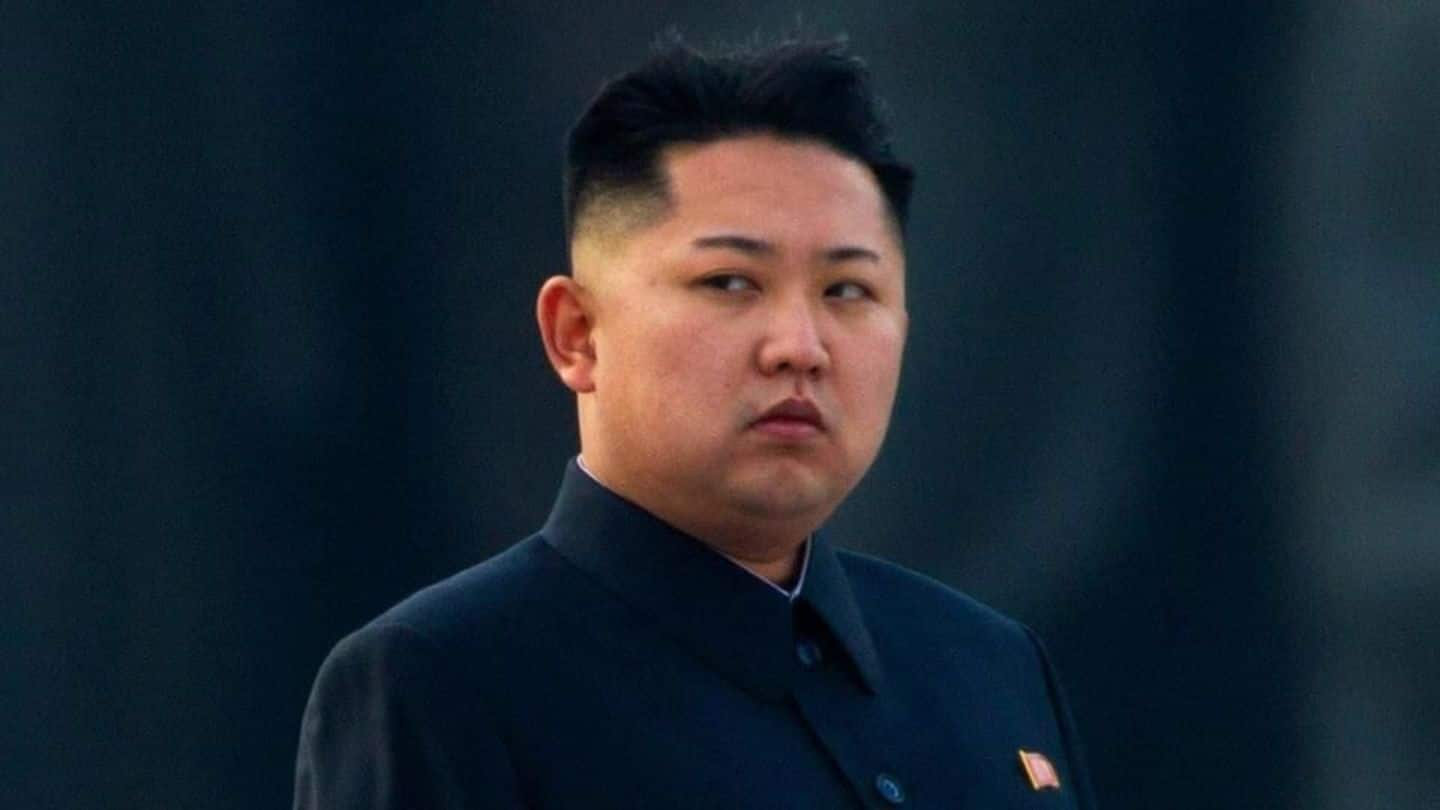
North Korea: Sanctions would only accelerate nuclear program
What's the story
In a statement, North Korea termed the latest round of UN sanctions "the most vicious, unethical and inhumane act of hostility." It added that increasing pressure on Pyongyang through sanctions and other means would only encourage it to accelerate the nuclear program. The strongly-worded statement comes after North Korea fired a missile over Japan, proving its capability to strike the US territory of Guam.
11 Sep 2017
UN Security Council imposes new sanctions on North Korea
On September 11, the UN Security Council unanimously imposed new sanctions on Pyongyang following its recent H-bomb test. Measures included bans on North Korean textile, coal, lead, and seafood exports and the recruitment of North Korean workers. Russia and China only agreed to endorse the resolution after the US backed down from its proposal to impose an oil embargo and freeze Kim Jong-un's assets.
15 Sep 2017
Tensions simmer as North Korea launches ballistic missile over Japan
On September 15, North Korea fired a ballistic missile which flew over Japan before landing in the Pacific Ocean. The launch, the second such test in weeks, happened after Pyongyang threatened to "sink Japan and turn America to ashes." It reached an estimated altitude of around 770km and traveled 3,700km before landing in the ocean, far enough to target the US base in Guam.
Statement
What did the statement say?
A statement from North Korea's foreign ministry termed the new sanctions an attempt to "physically exterminate" the country, its people, and system. The US and its allies' move to impose sanctions and increase pressure on Pyongyang "will only increase pace towards the ultimate completion of the state nuclear force," it added.
Sanctions
Sanctions against North Korea: Tried, tested and failed
North Korea's nuclear program has invited numerous economic and trade sanctions since 2006. These are intended towards crippling its economy, thereby discouraging it from pursuing its nuclear ambitions. In February 2017, China banned coal imports from North Korea, thereby blocking a major source of its income. UN sanctions imposed in August 2017 sought to limit foreign investment and ban exports from Pyongyang.
Conclusion
How are world leaders responding to North Korea?
Japanese PM Shinzo Abe wrote, "the international community must stay united and enforce the sanctions" against North Korea. US President Trump and his Chinese counterpart Xi Jinping recently agreed to "maximize pressure on Pyongyang through enforcing sanctions." Both China and Russia believe diplomacy is the way forward. Meanwhile, the US and South Korea conducted aerial military drills to showcase their deterrence capabilities.